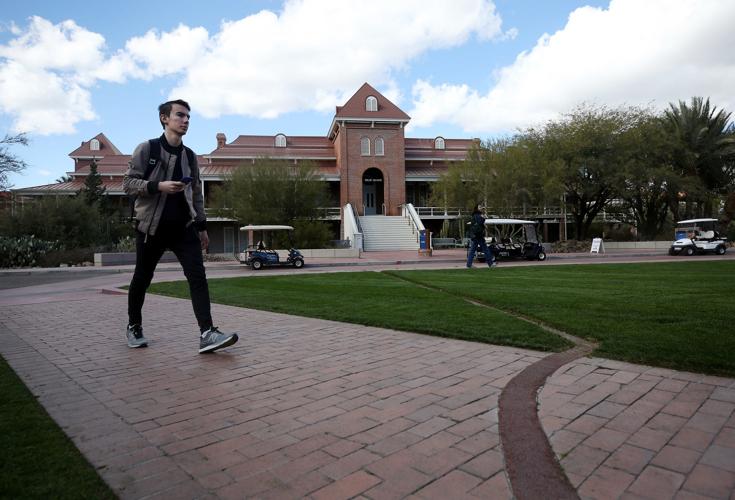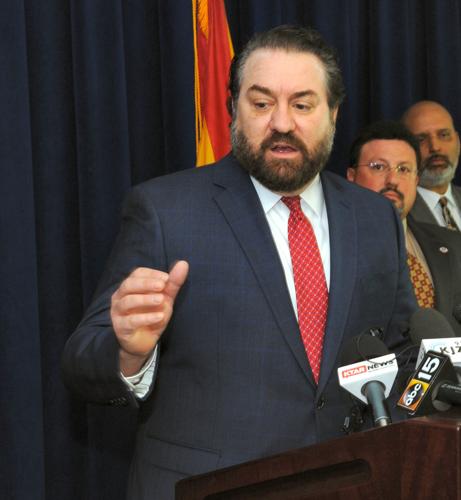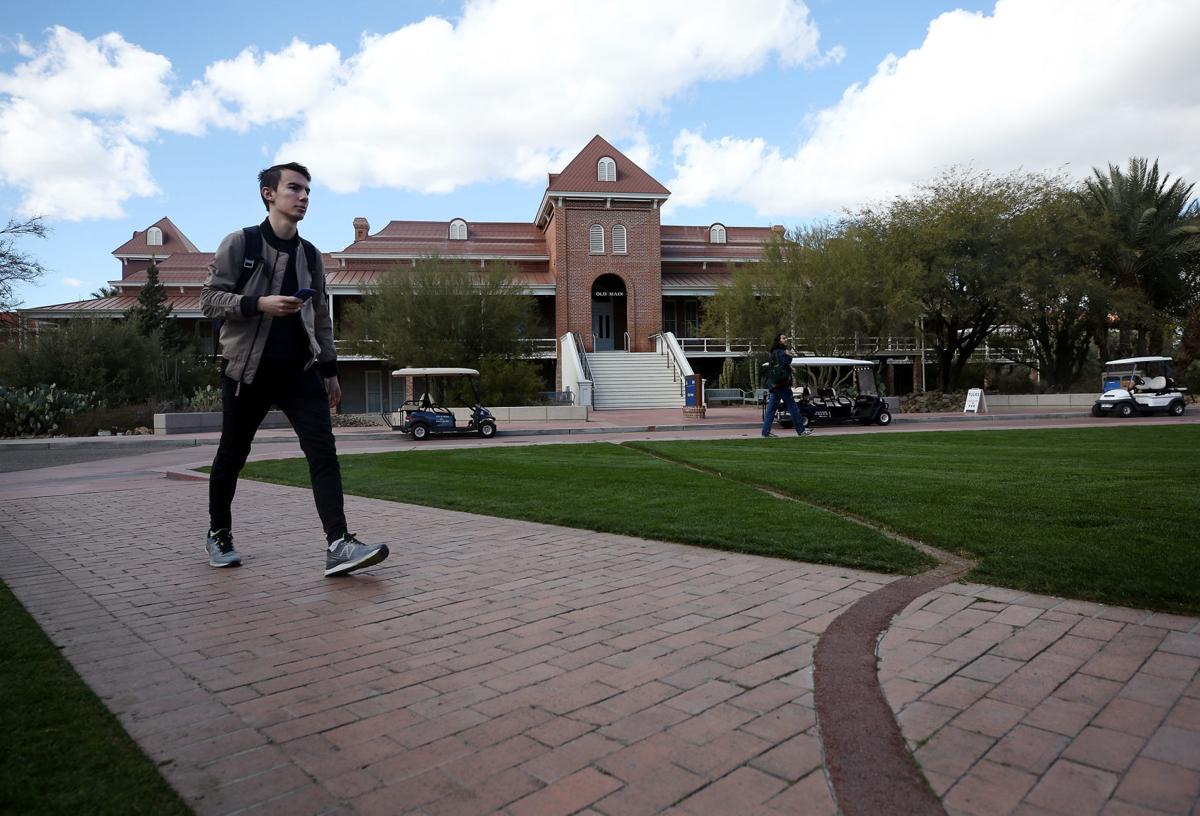PHOENIX — Arizona’s high court has agreed to decide whether Attorney General Mark Brnovich needs the permission of Gov. Doug Ducey to sue the state’s three universities over what Brnovich calls unconstitutional tuition hikes.
In a brief order, the justices said they want to review a Court of Appeals ruling that attorneys general can sue only when they have specific legal authority or have been given the go-ahead by the governor.
In this case, the appellate judges wrote, there is nothing in statute giving Brnovich such a right. Ducey opposes the legal challenge over tuition and has not agreed to let it go forward. Both are Republican elected officials.
In some ways the decision is not a surprise. Brnovich managed to get three former attorneys general to file a legal brief urging the justices to take up the issue.
They want the high court to overturn a 1960 ruling that said attorneys general have only limited authority to sue. It was that ruling that the appellate judges relied on in tossing Brnovich out of court last year.
Hanging in the balance most immediately is the legality of the tuition rates set at the three state-run universities.
Brnovich contends that the sharp hikes of the past decade violate a constitutional provision that requires instruction to be “as nearly free as possible.”
He also argues that the Board of Regents, which approved the rates, relied on extraneous and illegal outside factors to decide how much to charge students, including what state-run universities elsewhere were charging.
But Brnovich has been unable to get a judge to hear his evidence, as lower courts concluded he has no legal right to sue.
The outcome of the legal fight will have implications far beyond the question of tuition. It ultimately will define whether this governor, or any governor, can block lawsuits with which he or she disagrees.
“This is bigger than the tuition lawsuit right now,” said Brnovich aide Ryan Anderson.
“The idea that the attorney general has to go to the governor to get permission to sign off on every piece of litigation, that’s just not right,” he said. “I don’t think that Arizonans, when they’re electing an independent officer such as the attorney general, are anticipating an AG that has to go grovel or ask permission for every lawsuit.”
The decision drew a strong response from Larry Penley, chair of the Board of Regents.
He lashed out at the attorney general’s pursuit of “this unnecessary lawsuit and its false narrative,” saying it has “a negative impact on the people of Arizona.”
Penley said Brnovich wants “virtually unfettered authority to sue whomever and whenever he believes it is in the public interest.
“The attorney general’s effort to so expand his power should be of concern to every citizen in this state,” Penley said in his prepared statement.
Ducey’s office did not immediately comment.
No date has been set for the justices to hear the case.







